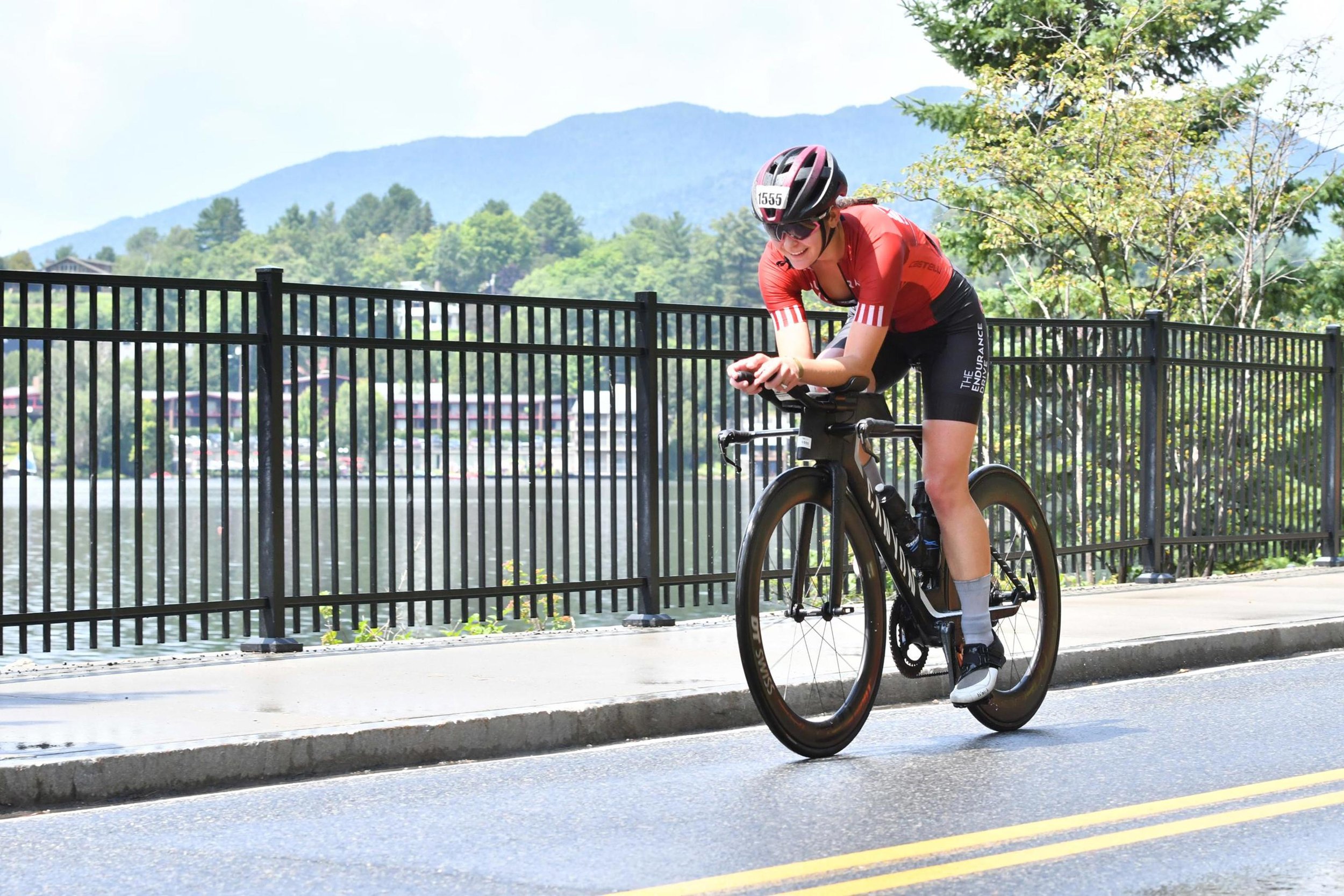What separates the average person from a top performer? Sure, some athletes hit the DNA lottery -- but that’s rarely the differentiator. Most top athletes are regular people with effective habits, detailed schedules, big goals, and a superior mindset. The following twelve traits summarize their success:
1) Accountable: High performers are accountable to themselves, their coach, and their support network. They set realistic expectations, negotiate time “on” and “off” with their family and friends, and remain accountable through successes and downturns.
2) Clarity: High performers have clear goals, strategies, and tactics. In an age of overwhelming information, they focus on “best practices” and timeless wisdom. Understanding that passion is a paradox, they use it to elevate their performance and navigate away from distractions and false summits.
3) Confident: High performers balance ego, competence, and humility to display a healthy confidence. Top performers know their boundaries and how to push them. Their confidence comes from internal motivation rather than external wins.
4) Curious: High performers read, listen, and learn from top coaches, scientists, writers, and peers. Engaging with their craft, they seek specific and general knowledge to improve their performance. They leverage knowledge from one discipline to another. For example, they can seamlessly transfer the technique skills they pick up in the pool to their posture and efficiency while running.
5) Disciplined: Time is the scarcest resource, and time discipline rules high performers’ days. They patiently add volume and consistency, the primary athletic performance-drivers. They develop routines to rise early, place their “big workout rocks” first, and make every waking hour productive. They schedule meals, sleep, and recovery. On a micro and macro-level, their training plans are focused and mindful.
Don’t think you have time to workout? Read this: ‘Not Just a Maid’: The Ultra-Running Domestic Workers of Hong Kong
6) Driven: High performers rise to the challenge daily. They are comfortable being uncomfortable. When something is difficult, they work harder rather than back off. (You might say they have an endurance drive!)
7) Integrity: High performers act with integrity when people are looking and when they are not. They and their tribe value and promote strength of character. Even when training alone, they will not cheat or take shortcuts.
8) Optimistic: High performers maintain a positive outlook. They consider challenges and failures to be learning experiences. Their outlook on sport and life is a long-term game with an upward, positive trend. To paraphrase Naval Ravikant, optimists build a skill set that “looks like work to others but feels like play to them.”
9) Organized: High performers anticipate their needs for the next workout and prepare them well in advance. They remember their bike shoes, arrive on time, know the route and workout goal, bring snacks, and have a post-workout dry shirt and meal prepared.
10) Present: Shiny objects and shallow games do not distract high performers. They immerse themselves in their craft and their relationships, developing deep connections with the task at hand and the people around them. In the pool, they don’t stare at the black line; they focus on a taut core, proper hip rotation, and the catch and pull position. They know that every second presents an opportunity to improve.
11) Principled: High performers establish principles to process information, handle a variety of situations, and arrive at sound decisions. They know that low mental friction facilitates action, and a clear personal philosophy steers the ship to calm waters.
12) Rational: High performers understand context and make logical decisions. They know that taper and rest periods are the “other side” of the fitness formula. They know which data metrics to monitor, and when, and which ones to ignore given the training cycle and goal. In other words, they know when and what to obsess over and when to let go.
Encouragingly, the above skills require no additional physical effort. They represent working smarter, not harder. These mental strategies work like compound interest, with dividends rolling in long after the habit has formed. So get out there and be accountable, seek clarity, maintain confidence, think curiously, practice discipline, find your drive, act with integrity, stay optimistic, get organized, be present, define your principles, and act rationally. Do all that and you’ll be a high performer, too! -Jim


